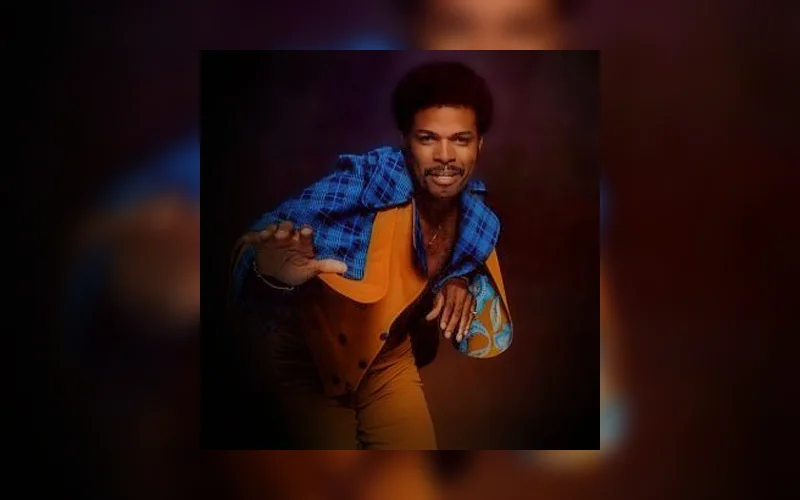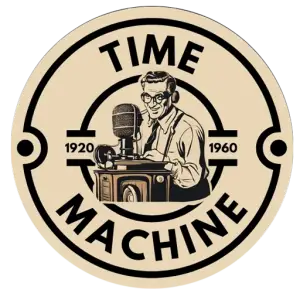
In the world of funk and soul, few names resonate with a blend of underground influence and mainstream success quite like Leon Haywood. While many remember him for his 1975 hit “I Want’a Do Something Freaky to You,” Haywood’s true genius often remained behind the scenes. As a producer, his fingerprints are all over the evolution of West Coast funk, R&B, and even hip-hop. His ability to weave sultry grooves with hard-edged rhythm laid the foundation for generations of artists who followed.
Born in Houston, Texas, Haywood’s musical journey began as a keyboardist backing blues legend Guitar Slim and later Sam Cooke. His early exposure to the intricacies of soul music and the emotional core of blues would come to shape his approach not only as a performer but as a craftsman behind the console.
His production style was unique — warm analog textures, tightly controlled arrangements, and an emphasis on bass and groove that made his work inherently danceable. While his solo records showed this clearly, it was his work producing for other artists that truly demonstrated his versatility and vision.
In the late 1970s and early 1980s, Haywood launched his own label, Evejim Records, named after his parents. Through this label, he became a key figure in nurturing modern soul and funk artists, particularly those who might have been overlooked by major labels. He didn’t just sign artists — he developed them. He helped mold their sound, arranged their music, and often played on their records.
He produced several hits for artists like Tommie Young, Jimmy McCracklin, and Melanie Burke, injecting his signature blend of bluesy soul and polished funk. What made Haywood’s production so effective was his deep understanding of song structure, combined with his ability to make a track feel raw and spontaneous while remaining technically tight.
Though his production work flourished in the 70s and 80s, Haywood’s influence extended well into the 1990s and 2000s — not through direct collaboration, but through sampling. His song “I Want’a Do Something Freaky to You” became one of the most sampled tracks in hip-hop history. Most famously, Dr. Dre used it as the foundation for “Nuthin’ But a ‘G’ Thang” by Snoop Dogg, a track that would define the sound of West Coast rap in the early ‘90s.
This wasn’t just a random dig through a crate of records. Producers like Dre were drawn to Haywood’s work because it was cinematic, emotional, and deeply funky — the perfect sonic palette for a new generation of storytellers. Haywood’s grooves lived again, transformed by hip-hop, and his role as an unspoken architect of the genre became undeniable.
Beyond Dre, artists like 50 Cent, Redman, and Aaliyah sampled or interpolated his music, further extending his legacy. Through this, Haywood became a rare figure: a 1970s soul producer whose work found relevance in nearly every subsequent decade.
Leon Haywood was more than a musician. He was a connector — a bridge between the past and the future of Black music in America. As a producer, he empowered voices that might have been silenced by the churn of the industry. As a songwriter and arranger, he laid down blueprints that producers continue to study. And as an influence, he became the backbone of iconic songs across genres.
Though he passed away in 2016, Leon Haywood’s significance as a producer remains intact — not just for what he created, but for how deeply he inspired others to create. His music didn’t just ride the wave of funk; it helped carve the riverbed.
In the groove-laden echoes of G-funk, the smooth transitions of soul ballads, and the gritty bounce of independent funk records from the ‘80s, you can still hear the subtle genius of Leon Haywood — the producer who never needed the spotlight to shine.

























